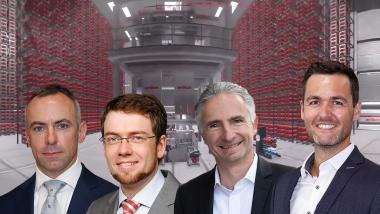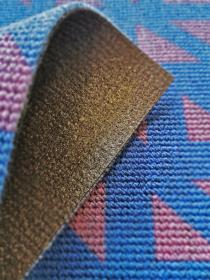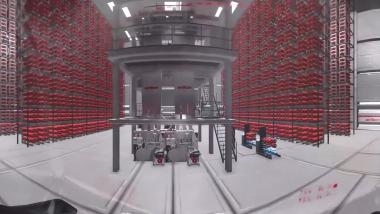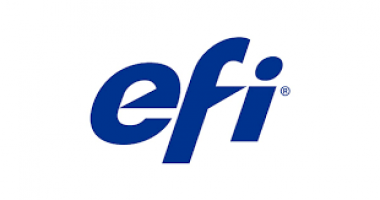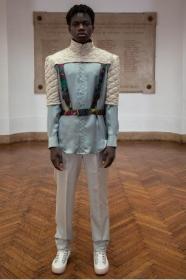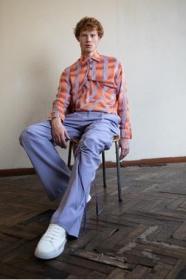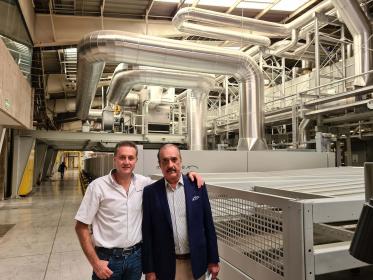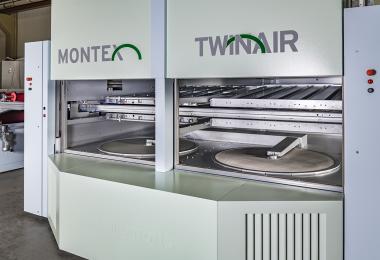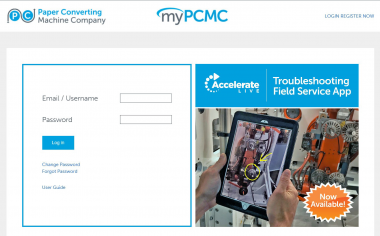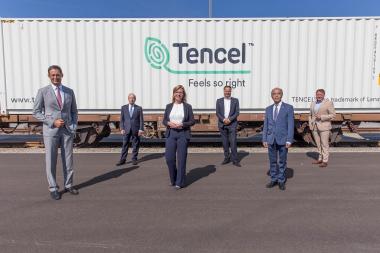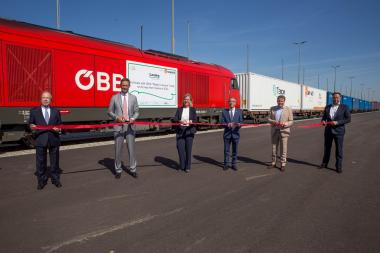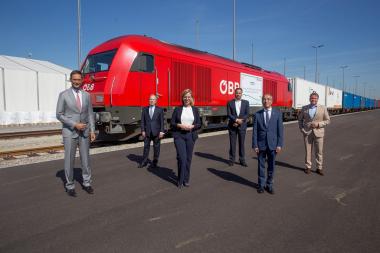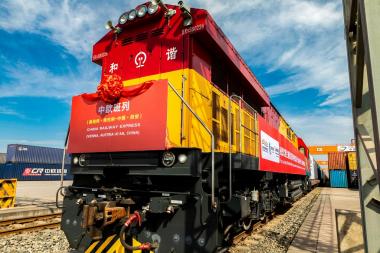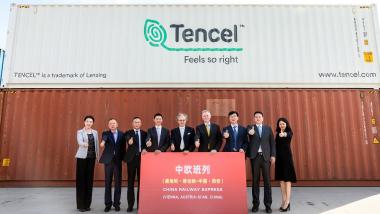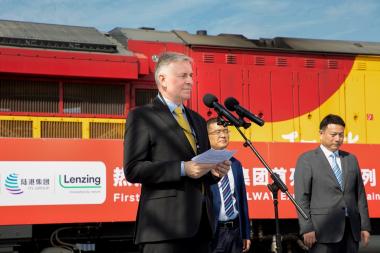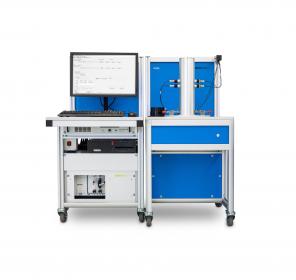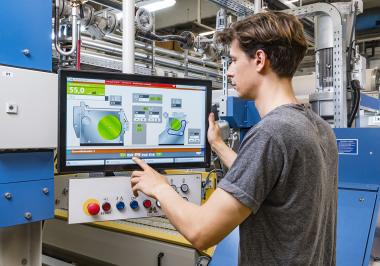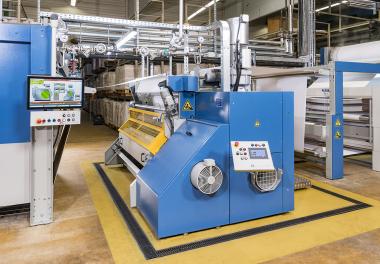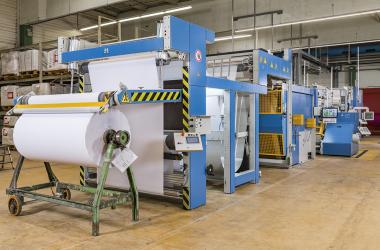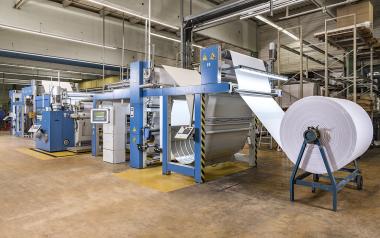Oerlikon Experts share their know-how online
In order to ensure the transfer of know-how and technology in times of the pandemic, the Manmade Fibers segment of the Swiss Oerlikon Group will start its new webinar series in November. Four interesting technology lectures are planned until the end of 2020 which will be held in English. Current trends in the production of manmade fibers as well as Oerlikons technology solutions will be presented and discussed with the participants. A continuation of the webinar series is already planned for 2021.
- Factory know-how from a single source – A boost for your efficiency
4. November 2020: 11:00-11:45h CET
Speaker: Jochen Adler, Oerlikon Manmade Fibers CTO*
- VarioFil – Your compact spinning solution
11. November 2020: 11:00-11:45h CET
Speaker: Ralf Morgenroth, Head of Engineering Textile Machinery BB Engineering (BBE)*
- Green Technologies – Join us on the road to a sustainable fiber industry
2. December 2020: 11:00-11:45h CET
Speaker: Markus Reichwein, Head of Product Management Oerlikon Manmade Fibers*
- VacuFil – Your future upcycling plant, from waste to value
9. December 2020: 11:00-11:45h CET
Speaker: Matthias Schmitz, Head of Engineering Recycling Technology, BB Engineering (BBE)*
*Please read the attached document for more information
Oerlikon Textile GmbH & Co. KG


